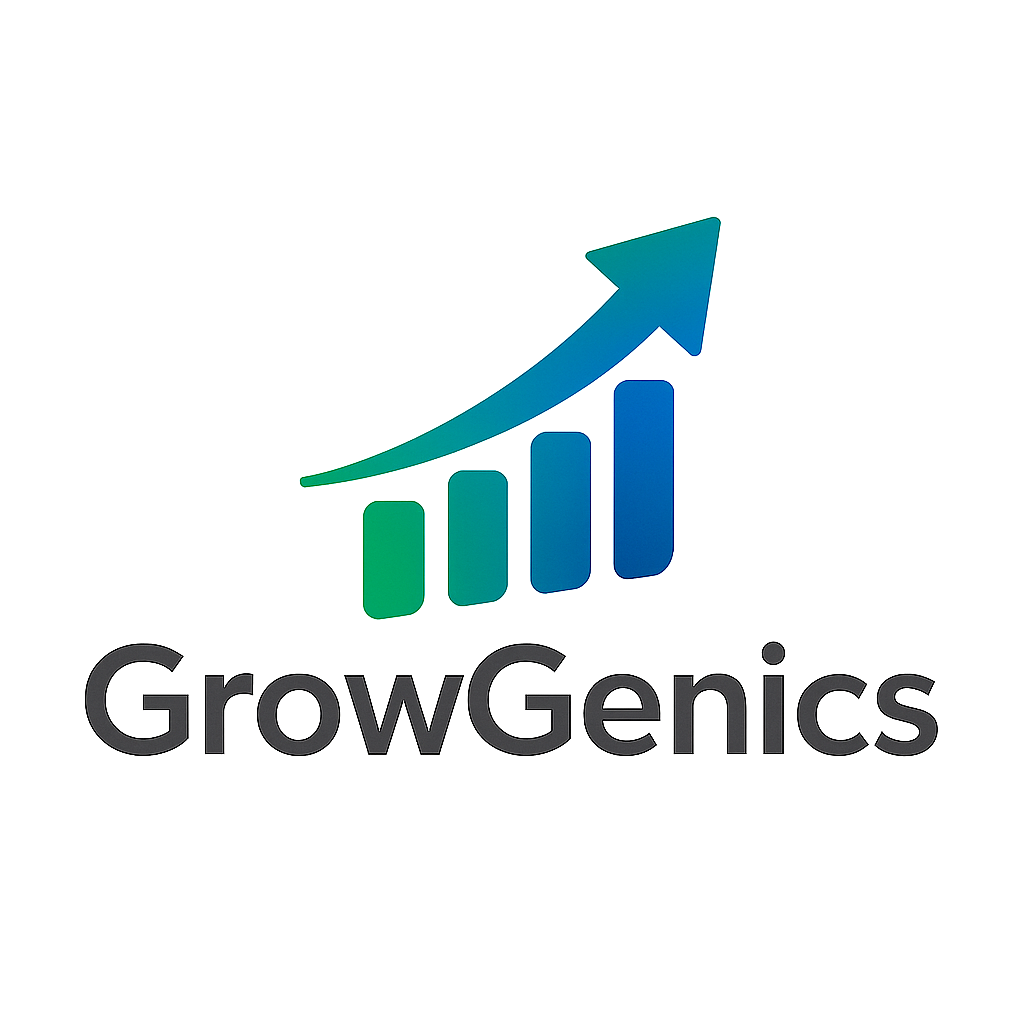
How Generative AI Is Disrupting Entry-Level Employment — A Measured Perspective
Posted in :
A new Stanford study titled “Canaries in the Coal Mine? Six Facts about the Recent Employment Effects of Artificial Intelligence” provides the clearest empirical evidence to date that generative AI is reshaping labor markets—especially for younger workers. Using ADP’s anonymized payroll data from late 2022 (post–ChatGPT launch) to mid-2025, the study tracked millions of U.S. employees across various industries.
The findings are stark:
- Early-career workers (ages 22–25) in AI-exposed fields such as software development and customer service saw a 13% decline in employment, while older workers (26+) in the same roles experienced 6–9% growth.
- Aggregate job numbers still rose, but the disproportionately sharp drop for young hires, especially in AI-heavy roles, marks the “canary in the coal mine.”
- Importantly, wages remained stable—meaning displacement occurred via hiring freezes or reduced entry-level roles, not wage reduction.
Results held firm even after controlling for factors like COVID impacts, remote work, or tech sector layoffs.
Broader Reporting: Voices from Media & Policy
Wired emphasized the complexity, highlighting that senior workers may benefit from AI while the youngest suffer.
Axios noted that this abrupt shift in employment was possibly unmatched since the remote-work transformation.
The Economic Times described early-career workers as modern “canaries,” warning of long-term labor imbalances if entry-level roles vanish.
Globally, data echoes this pattern. A Guardian article revealed that in the UK, graduate job openings have shrunk by a third—AI is hastening a broader decline in entry-level employment.
Expert Insight & Policy Recommendations
Stanford’s Erik Brynjolfsson advocates for incentives that favor human–AI collaboration over outright automation. He proposes “centaur” AI benchmarks—metrics that reward human-machine synergy—so AI supports rather than replaces human workers.
At UC Santa Barbara, Prof. Matt Beane envisions future roles that involve AI oversight and augmentation, emphasizing that humans will remain central as AI outputs proliferate.
Moreover, Enrique Ide’s modeling (arXiv) warns that automating entry-level roles unchecked risks eroding tacit skill transfer over time—potentially slowing long-term economic growth.
What It Means for Businesses & Policymakers
- Hire older, more experienced talent when introducing AI tools—but also retrofit entry-level pathways with augmentation support (e.g., AI-assisted onboarding).
- Build centaur-style workflows where early-career employees learn alongside AI, preserving skill development while improving productivity.
- Monitor entry-level hiring trends diligently, and consider reskilling programs to ensure new graduates still have pathways into growth careers.
- Push for policy frameworks that avoid rewarding companies for replacing labor with automation, and instead support human-AI hybrid models.
Conclusion
Generative AI is not a job killer across the board—but it is clearly reshaping career entry points. Stanford’s study, supported by broad media coverage and expert warnings, reveals a measured but urgent shift: the path into many professions is narrowing for new talent.
The proper response lies not in resisting AI—but in guiding how it’s integrated. Human-AI collaboration, upskilling, and mindful automation policies can ensure the next generation can still launch meaningful careers in an AI-enhanced world.
References:
Lightcast. (2024, May 8). Canaries in the Coal Mine? Six Facts about the Recent Employment Effects of Artificial Intelligence. Economic Times. Retrieved from https://economictimes.indiatimes.com/magazines/panache/stanford-study-likens-ais-impact-on-jobs-to-canaries-in-a-coal-mine-warns-entry-level-workers-face-the-highest-risk-and-explains-why/articleshow/123635238.cms
Tarnoff, B. (2024, May 13). AI Is Coming for the Young and the Poor—and It’s Making Inequality Worse. Wired. Retrieved from https://www.wired.com/story/ai-automation-jobs-young-workers/

